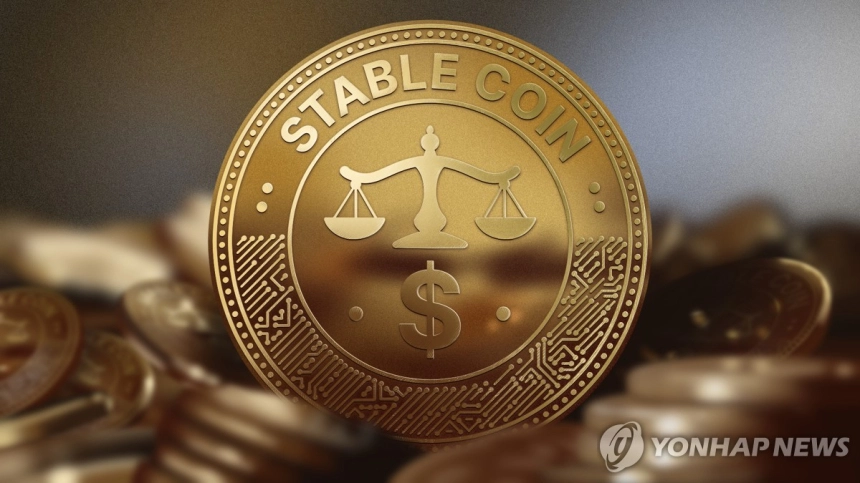According to a survey by the Japan Blockchain Association, the majority of Japanese citizens stated that they would purchase more Bitcoin, Ethereum, and altcoins if the government implements strict cryptocurrency tax reforms.
According to Crypto News on the 20th (local time), most Japanese people said they would buy more Bitcoin (BTC), Ethereum (ETH), and altcoins if the government agrees to reform the country's strict cryptocurrency tax rules.
This was a key result of a survey conducted in April, commissioned by the Japan Blockchain Association (JBA), targeting 1,500 adults.
To the question "Do you own Bitcoin or other crypto assets?", 13% of respondents answered affirmatively.
However, their subsequent responses were significant. The question was "Would you purchase or buy more cryptocurrencies if the government sets a flat 20% tax on cryptocurrency profits?"
Of the 191 respondents who said they own cryptocurrencies, 84% answered "Yes".
And 12% of the 1,309 non-cryptocurrency holders also agreed to start purchasing coins if Tokyo approves the tax reform.
The JBA suggested that the survey shows the tax reform will have a very noticeable effect on domestic exchange trading volumes.
Currently, Japanese investors must report cryptocurrency-related profits under the "Other Income" category on their income tax returns.
This means cryptocurrency investors may have to pay up to 55% tax on their profits depending on the tax bracket.
In many other countries, cryptocurrencies are instead subject to capital gains tax. This means traders are typically taxed at a flat rate of 10-20% after a certain threshold.
Reform supporters want Tokyo to approve a plan to abolish cryptocurrency income tax laws. They want a 20% flat capital gains tax in its place.
The JBA supports this proposal, along with many key members of the ruling Liberal Democratic Party and opposition lawmakers.
However, the Financial Services Agency (FSA) essentially has the final say on all Japanese cryptocurrency policies.
To date, all FSA recommendations to the cabinet have been enacted into law.
The association said "crypto assets are changing from a payment method for the public to a means of asset accumulation".
This aligns with the FSA's own plan to reclassify cryptocurrencies from a payment tool to an investment instrument.
The industry group said they are "intensifying efforts" to persuade Tokyo to approve tax reforms starting next year.
The JBA is an industry group comprising some of the country's largest cryptocurrency exchanges and blockchain companies.
The association also announced that it submitted a petition to the FSA on July 18th, demanding approval of tax reforms on cryptocurrency profits.
The survey was conducted on April 24th and 25th. All respondents were Japanese residents aged 20 to 69. Respondents were 60% male, 40% female, with an average age of 38.
The JBA also asked additional questions. 75% of respondents said they prefer tax authorities to collect taxes at the source rather than filing separate tax returns.
The JBA also requested that Tokyo allow cryptocurrency traders to choose how they pay taxes. Either withholding tax when selling coins or paying after filing a return.
Survey creators also asked respondents who currently do not own coins why they have not yet invested.
8% said they think the tax rate is too high. However, 61% said they lack sufficient understanding of cryptocurrencies.
Japanese media outlet CoinPost reported that the FSA is currently "reviewing a proposal to transition crypto assets into the Financial Instruments Exchange Act framework".
The media outlet explained that "if approved, crypto assets will be officially classified as financial products".
Most respondents said they work in the private sector. Students comprised 5.3% of the respondent pool. And 213 unemployed individuals also submitted responses.
At the time of writing, Ethereum trades were accounting for almost half the volume on bitFlyer, one of the country's largest cryptocurrency exchanges.
Real-time news...Go to TokenPost Telegram
<Copyright ⓒ TokenPost, unauthorized reproduction and redistribution prohibited>



